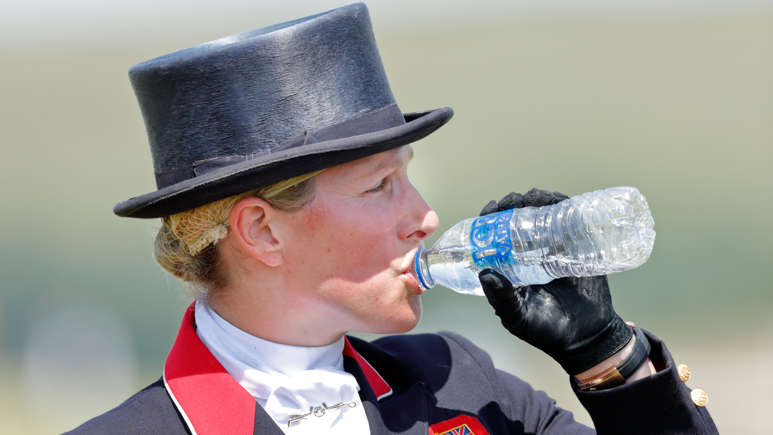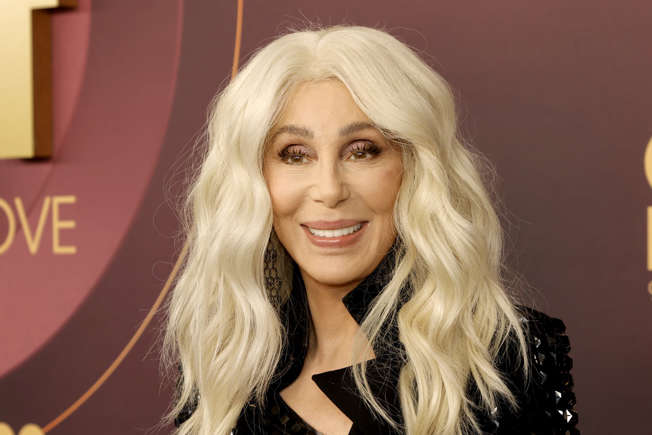A question that has piqued curiosity and fueled scientific research for decades: Why do we age? Annually, a myriad of studies strive to unravel the enigma of aging in hopes of slowing, and possibly reversing, this inevitable process.
Interestingly, despite being the same age, some individuals seem to age faster than others. To comprehend this disparity, we turn to the epigenetic clocks—measures of changes experienced by our DNA due to varying factors such as lack of sleep, alcohol consumption, and poor diet among others. However, it’s a complex puzzle with multiple pieces to consider.
A recent research endeavor led by Carlos López-Otín and Guido Kroemer, from the universities of Oviedo and Paris respectively, unveiled three novel processes impacting aging: chronic inflammation, disturbances in autophagy (a cellular renewal process preventing waste accumulation), and alterations in our body’s microbiota.
Some scientists are hopeful that we might one day put a stop to aging. One recent study published in ‘Nature’ underscored the importance of identifying and eliminating senescent or “zombie” cells—those that, rather than self-destructing after their lifespan, linger and cause damage to healthy neighboring cells.
As we await the discovery of the proverbial fountain of eternal youth, what can we do to delay the inescapable?
Exclusive treatments and expensive cosmetic surgeries might keep some celebrities perennially youthful, but for most of us, there are simpler and more affordable steps that can help maintain our youth longer. It’s also worth noting that some believe youth isn’t just a state, but a feeling and a way of life.
Adequate rest is crucial if we want to slow down aging. According to a study published in Clinical and Experimental Dermatology, insufficient sleep could be directly related to premature aging. At the same time, sleep deprivation can lead to dark circles or bags under the eyes, contributing to an ‘aged’ appearance.
In our fast-paced world, sleep deprivation has become a global epidemic. Health experts recommend 7 to 9 consecutive hours of sleep, with the lack thereof leading to serious health problems.
A study from the University of Southern California, published in Scientific Reports in 2020, demonstrated that tobacco and alcohol consumption contribute to premature brain aging, as observed from over 17,000 brain scans. That’s not to mention the visible effects on our skin.
A study from the U.S. National Institutes of Health reveals that proper hydration (2.7 liters per day for women and 3.7 for men) can help us live longer.
Researchers noted that by maintaining optimal blood sodium levels (between 135 and 146 mmol/l), the risk of premature death and chronic diseases could be reduced. This was concluded based on previous studies with mice where reduced water intake led to an increase in serum sodium, shortening their life by six months—equivalent to 15 human years.
In terms of skin appearance, maintaining proper care is important. A beautiful, hydrated, and radiant skin is synonymous with youth. Cleansing and moisturizing with products suitable for our skin type are essential.
Health professionals repeatedly advise the use of sunscreen throughout the year, as harmful solar radiations—UVA and UVB—affect our skin not just in summer, but all year round. By doing so, we prevent not only serious issues such as skin cancer but also typical age-related skin spots.
A 2021 study from Yale University directly links stress to cellular aging and the onset of various diseases like heart conditions, obesity, and diabetes.
According to the aforementioned Yale study, individuals with higher stress levels exhibited greater markers of accelerated aging, such as increased insulin resistance.
Stress hormones expedite the chemical changes in DNA, causing our organs to age. The solution? It’s quite simple: relaxation, self-control, and an optimistic outlook on life.
Yoga or meditation can help delay aging by halting the loss of gray matter in the brain and preventing the shortening of telomeres—special DNA sequences at the ends of chromosomes whose length is associated with cellular aging and consequently, the onset of degenerative diseases.
Eating healthy is paramount for maintaining youth and health. A balanced diet, devoid of empty calories and excess sugar, and rich in minerals and vitamins, helps keep our bodies and outward appearance in optimal condition.
According to the World Health Organization (WHO), isolation and undesired loneliness pose significant risks to both mental and physical health deterioration, underscoring the importance of maintaining an active social life.
The benefits of regular physical activity are well-documented. Besides improving physique and maintaining a youthful appearance, exercise strengthens the immune system by releasing chemicals that reinforce and prolong the protective layers of DNA chromosomes, which wear down over time.
And if all else fails, we could always ask 77-year-old Cher about her secret to the coveted eternal youth. Or maybe Lucille Ball, who said: “The secret of staying young is to live honestly, eat slowly, and lie about your age.”























